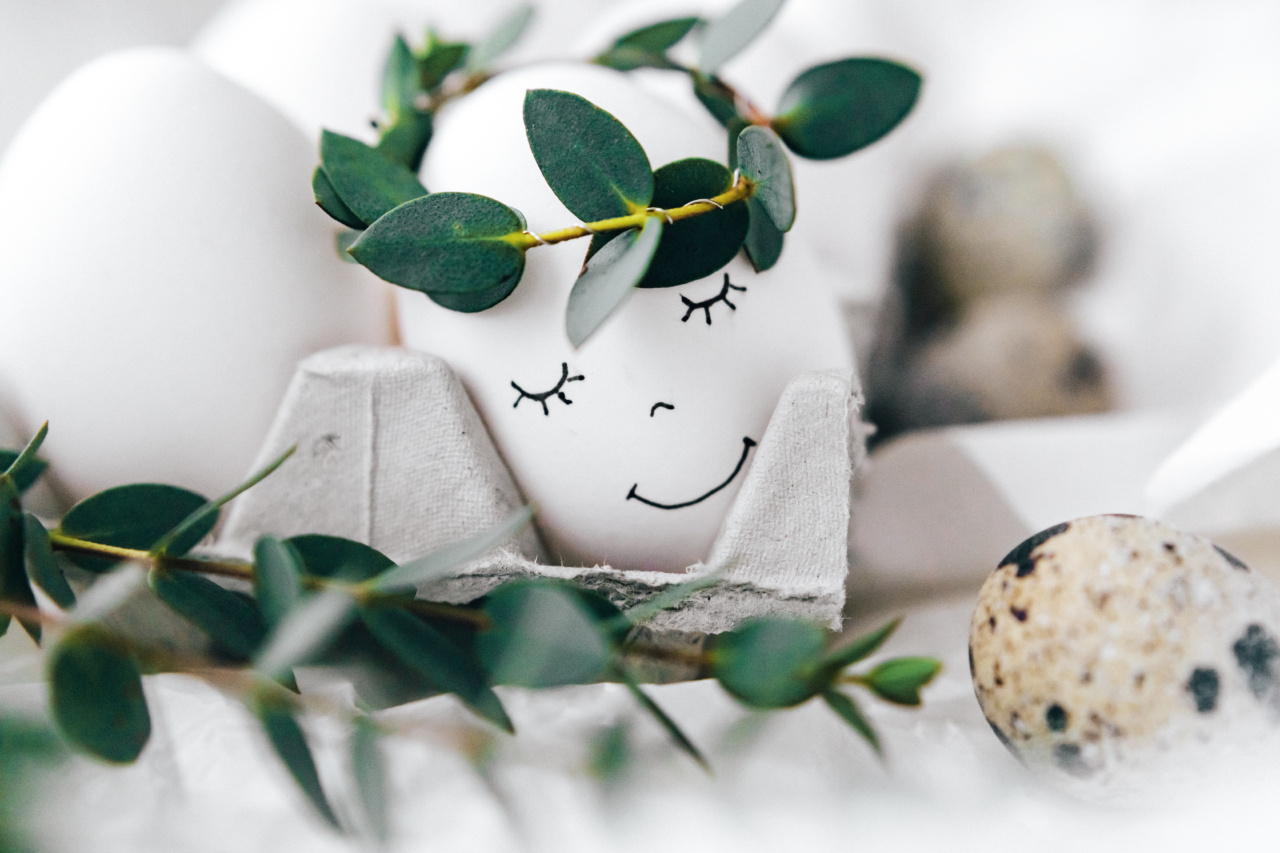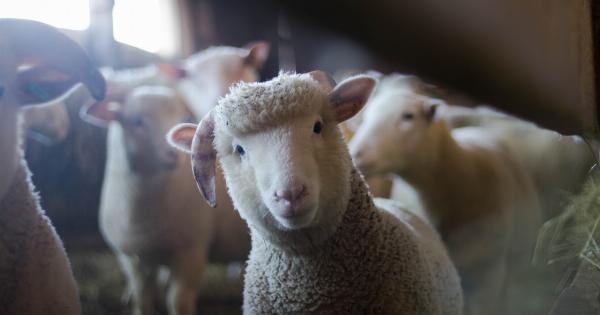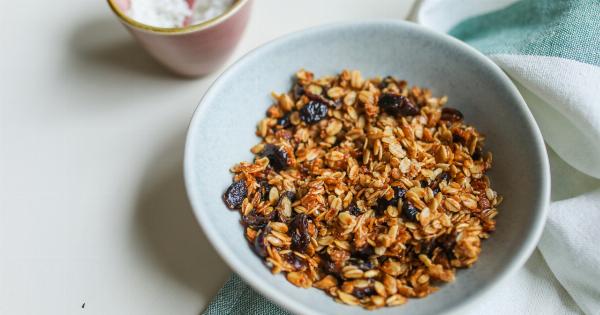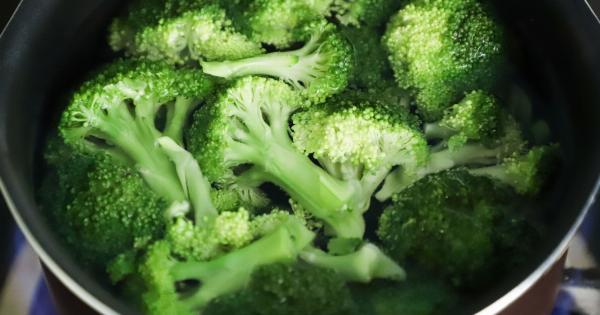Easter is a holiday celebrated by millions of people around the world, and eggs play a significant role in its traditions.
Eggs have long been associated with fertility, rebirth, and new beginnings, making them the perfect symbol for Easter, which commemorates the resurrection of Jesus Christ. The egg, as a concept of new life emerging from a seemingly lifeless shell, is deeply intertwined with the religious and secular aspects of this spring festival.
Egg Consumption in Various Easter Traditions
Across different cultures, egg consumption takes various forms during Easter. Here are some of the most interesting traditions:.
Egg Hunts: A Fun-filled Easter Tradition
One of the most beloved Easter activities for children and adults alike is the famous egg hunt. Whether organized in local parks, backyards, or community centers, egg hunts involve the hiding and searching of colorful eggs.
Participants can enjoy the thrill of discovering beautifully decorated eggs hidden in various places.
Egg Rolling: A Competitive Easter Pastime
In many cultures, egg rolling is a common Easter tradition. Participants use a spoon or other utensils to roll hard-boiled eggs down a hill or slope. The egg that reaches the finish line first without cracking is declared the winner.
This exciting and often hilarious activity brings families and communities together, encouraging friendly competition and laughter.
Egg Decorating: A Creative Easter Art
The art of egg decorating, also known as egg painting, has been practiced for centuries. From simple color dyeing to intricate designs, this tradition allows individuals to showcase their creativity and artistic skills.
Eggs are often decorated with vibrant colors, patterns, and symbolic motifs. Popular techniques include wax resist, dyeing, and applying stickers or decals.
Cultural and Historical Aspects of Easter Eggs
Easter egg traditions have evolved over time, influenced by different cultures and historical events. Let’s explore some of these fascinating aspects:.
Easter Eggs in Christianity
For Christians, Easter eggs represent the resurrection of Jesus Christ. The shell of the egg symbolizes the sealed tomb, while cracking the egg represents Jesus’ resurrection and victory over death.
Orthodox Christians often exchange red-colored eggs to signify the blood of Christ and the act of redemption. The eggs are shared and enjoyed after the midnight liturgy on Easter Sunday.
Pagan Origins of Easter Eggs
Long before Christianity, eggs held a significant role in pagan spring festivals. Ancient civilizations celebrated the arrival of spring, fertility, and new life by exchanging and decorating eggs.
This pagan tradition merged with Christian beliefs, leading to the incorporation of eggs into Easter celebrations.
Egg Recipes: Delicious Ways to Enjoy Easter Eggs
Easter eggs not only serve symbolic purposes but are also enjoyed as delicious treats. Here are some mouthwatering egg-based recipes:.
Deviled Eggs
Deviled eggs are a classic appetizer made by halving hard-boiled eggs, removing the yolks, and mixing them with mayonnaise, mustard, and seasonings. The creamy, flavorful mixture is then piped back into the egg whites.
Variations can include adding bacon, herbs, or even spicy ingredients like Sriracha.
Quiches and Frittatas
Quiches and frittatas are savory egg dishes that allow for endless customization. They typically include beaten eggs mixed with various fillings such as cheese, vegetables, meat, or seafood.
Baked until golden and fluffy, these dishes are perfect for brunches or light meals.
Egg Salad
Egg salad is a versatile and protein-packed dish that can be enjoyed in sandwiches, wraps, or as a side. Chopped hard-boiled eggs are mixed with mayonnaise, mustard, and spices to create a creamy and satisfying spread.
Scotch Eggs
Scotch eggs are a popular British snack made by wrapping hard-boiled eggs in sausage meat, coating them in breadcrumbs, and deep-frying until crispy. They are often served as finger food or as part of a picnic spread.
Nutritional Benefits of Eggs
Eggs are nutritional powerhouses, packed with essential nutrients that benefit our overall health. Here are some of their notable nutritional advantages:.
Protein-Rich Source
Eggs are an excellent source of high-quality protein, containing all the essential amino acids our bodies need. Protein plays a crucial role in building and repairing tissues, supporting muscle growth, and maintaining a healthy immune system.
Essential Vitamins and Minerals
Eggs are rich in vitamins and minerals that are vital for our well-being. They are particularly high in vitamins B12, D, and riboflavin (B2), which contribute to brain health, bone strength, and red blood cell formation.
Additionally, eggs provide minerals like iron, zinc, and selenium.
Choline for Brain Health
Eggs are one of the best dietary sources of choline, an essential nutrient that supports brain function and reduces the risk of cognitive decline.
Choline plays a crucial role in the development of the nervous system and helps maintain healthy cell membranes.
Conclusion
Egg consumption during Easter is not only fun and flavorful but also deeply rooted in cultural traditions and symbolism. From egg hunts to egg rolling and decorating, these activities add joy and meaning to the holiday festivities.
Remember to savor the delicious recipes and appreciate the nutritional benefits eggs offer. Happy Easter!.






























